By A Mystery Man Writer
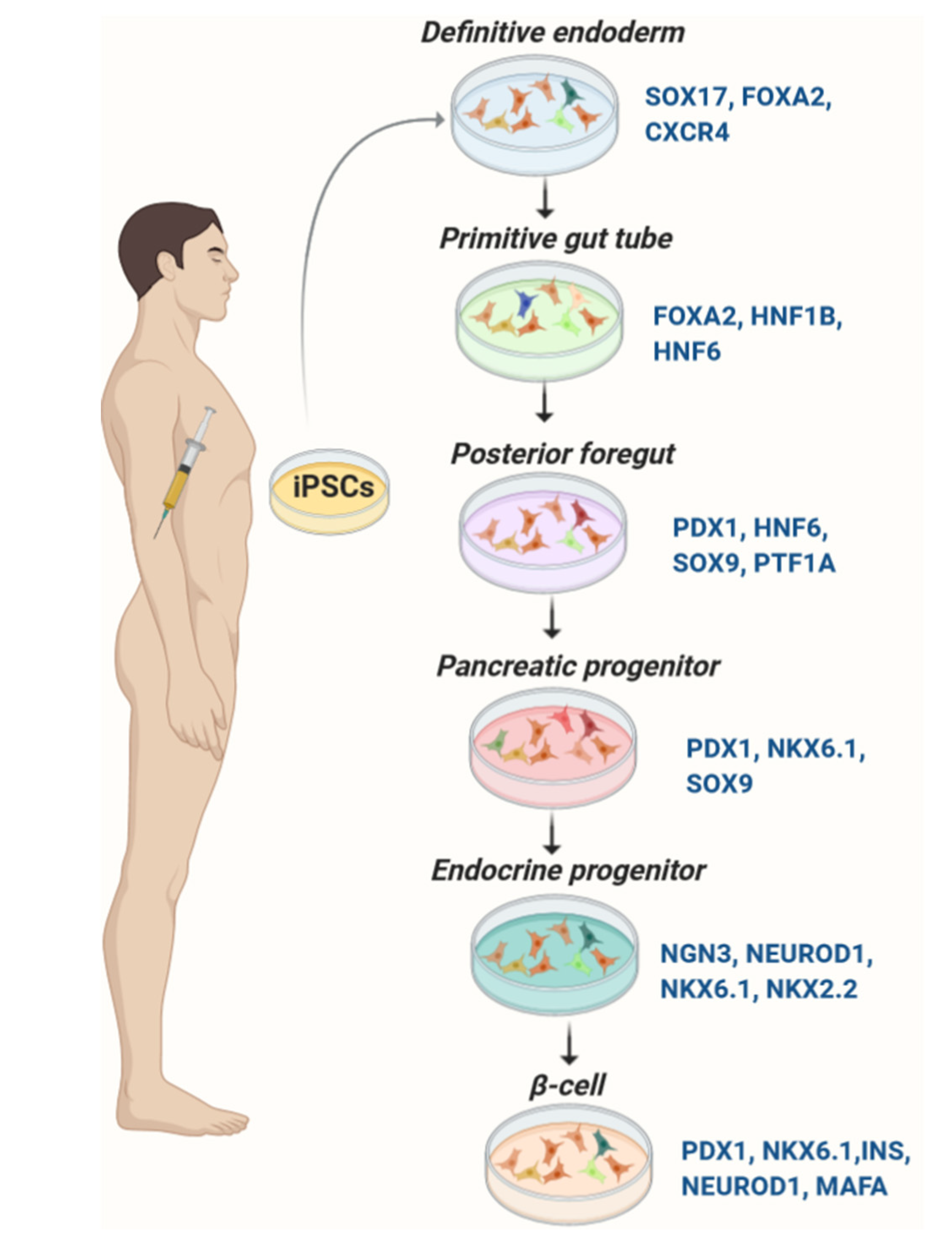
Type 2 diabetes, characterized by dysfunction of pancreatic β-cells and insulin resistance in peripheral organs, accounts for more than 90% of all diabetes. Despite current developments of new drugs and strategies to prevent/treat diabetes, there is no ideal therapy targeting all aspects of the disease. Restoration, however, of insulin-producing β-cells, as well as insulin-responsive cells, would be a logical strategy for the treatment of diabetes. In recent years, generation of transplantable cells derived from stem cells in vitro has emerged as an important research area. Pluripotent stem cells, either embryonic or induced, are alternative and feasible sources of insulin-secreting and glucose-responsive cells. This notwithstanding, consistent generation of robust glucose/insulin-responsive cells remains challenging. In this review, we describe basic concepts of the generation of induced pluripotent stem cells and subsequent differentiation of these into pancreatic β-like cells, myotubes, as well as adipocyte- and hepatocyte-like cells. Use of these for modeling of human disease is now feasible, while development of replacement therapies requires continued efforts.
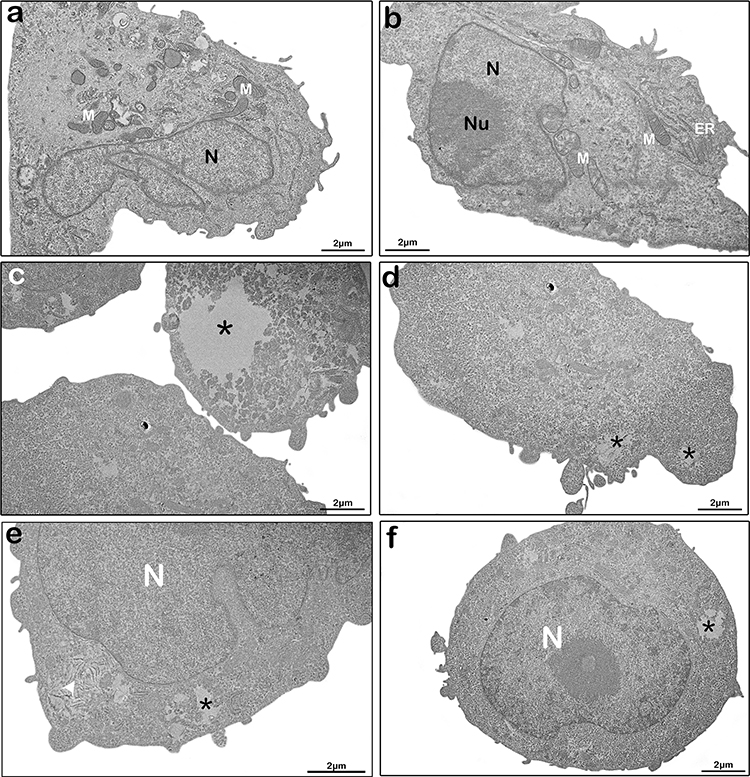
Tarin-loaded nanoliposomes activate apoptosis & autophagy
A microtechnique for measuring red cell osmotic fragility of
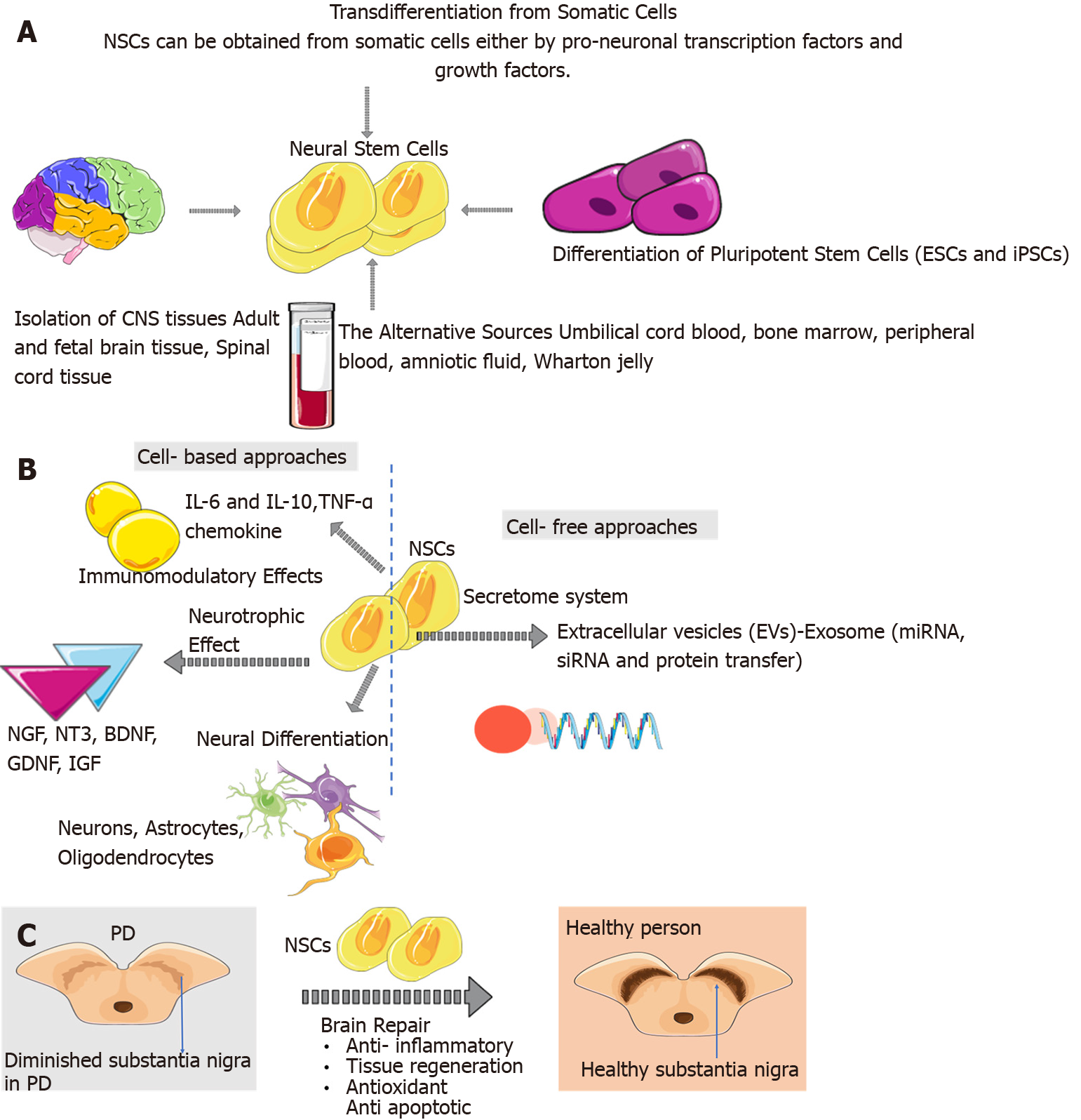
Neural stem cells for Parkinson's disease management: Challenges
Cells, Free Full-Text, freecell online 100
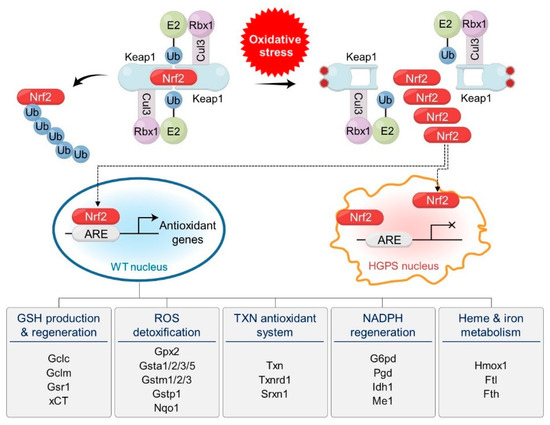
Cells, Free Full-Text

How to create three-dimensional cell culture models – faCellitate
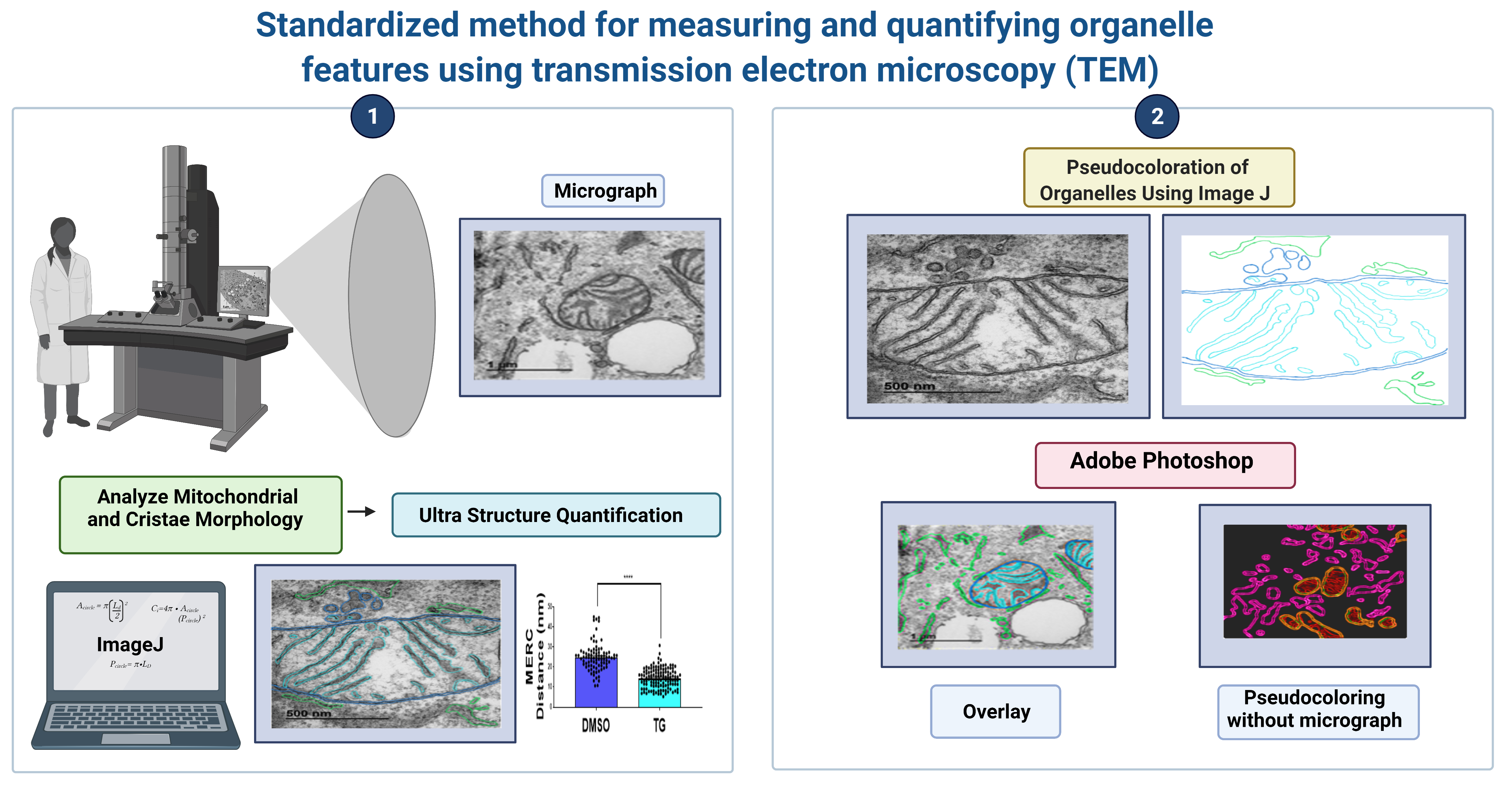
Cells, Free Full-Text
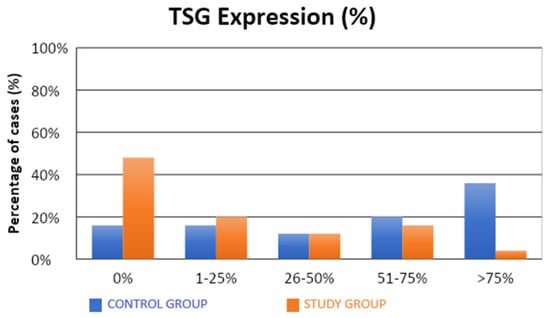
Cells An Open Access Journal from MDPI

Cells, Free Full-Text, freecell online 100